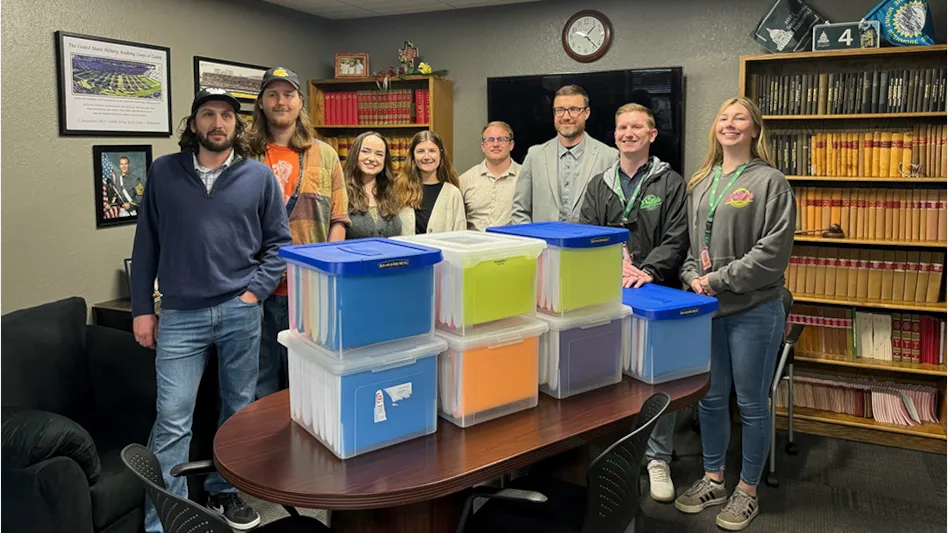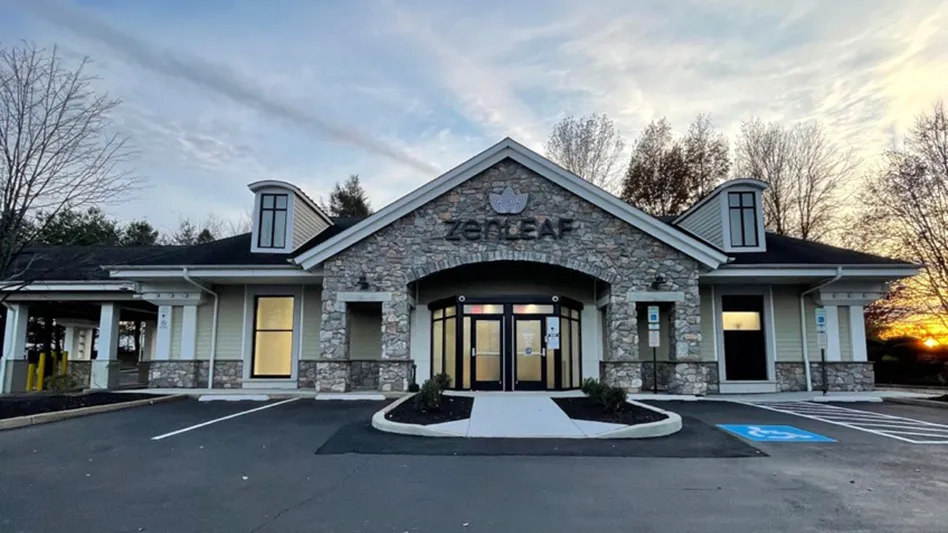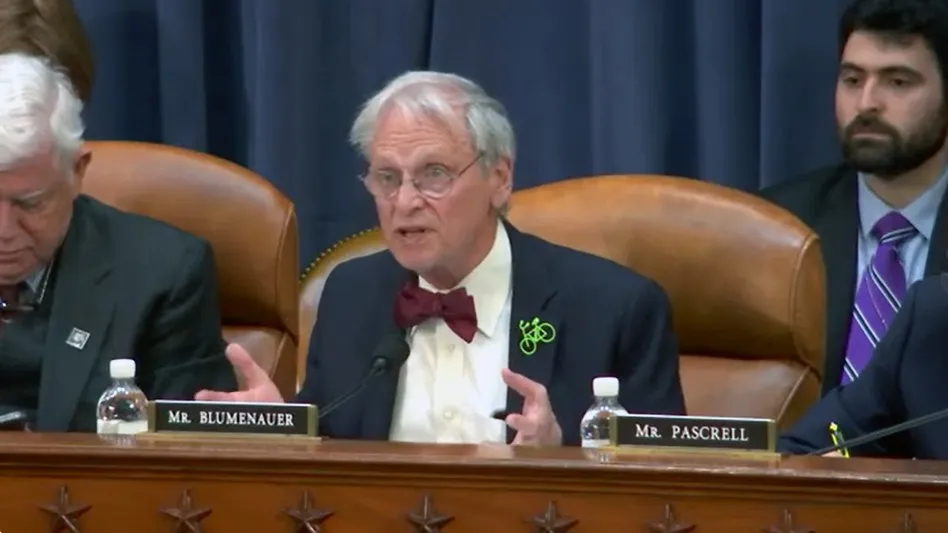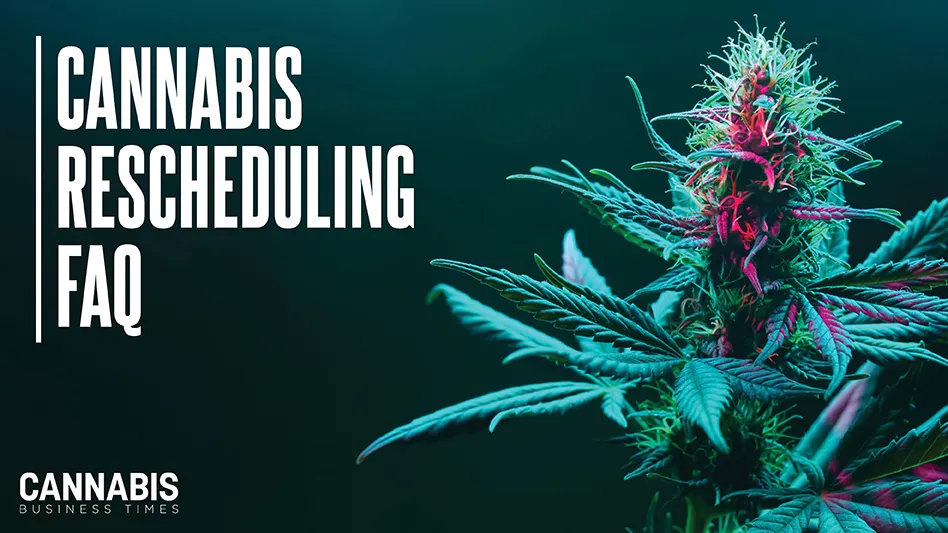

With four states passing adult-use legalization measures in the 2020 election, 15 states have now ended cannabis prohibition. With this momentum, federal legalization seems very much in reach. And that’s exactly the moment that Kimberly Stuck, owner of Allay Cannabis Consulting and a former regulator, says cannabis cultivators should be preparing for when it comes to compliance. Adhering to all relevant state regulations is important, but so is preparing for a “higher level of compliance” and oversight from the federal government. One aspect she sees cultivators struggling with most is adhering to Occupational Safety and Health Administration (OSHA) standards, she says. Whether the audit is from OSHA or a state agency, here’s how cultivation companies can be sure they are prepared and doing everything they can to keep plants healthy and employees safe.
TIP 1: Document everything.
“A lack of documentation is always the No. 1 reason that we [see] violations in cultivation,” Stuck says. Employees should be documenting every process in their facilities, from staff training to pesticides and fertilizers that are used on crops. “We are finding people aren’t even writing down that they put pesticides on a crop,” she says. At one facility her company was working with, for example, test results revealed elevated levels of lead in plants. “They could not figure out where [the lead] was coming from. They tested the soil, they did all this stuff and … it ended up coming from the actual fertilizers that they were using,” Stuck says. “People don’t think about it, but there are contaminants in everything,” from the irrigation lines to the soil, she says. Incorporating this documentation in standard operating procedures (SOPs) is important for investigating cultivation issues and to ensure compliance.
TIP 2: Schedule regular cultivation and safety training for your staff.
“A lot of companies aren’t training their staff correctly,” Stuck says, and that includes training that is required by the state. For example, staff must be trained on how to use respirator equipment when trimming flower or spraying chemicals, an area many companies overlook, she says. “OSHA [also] requires you to have an annual safety training for all of your staff. And I would say 90% of the industry is not doing that.” Companies must have hazard communication and fire prevention plans in place, and once again, that must be documented, she says. “You can tell [regulators] all day long that you do it this way every single time until you’re blue in the face, but they’re not going to believe you until you show them proof that that is the way you do it every single time,” she says.
TIP 3: Be prepared for a surprise inspection.
Although cannabis is still federally illegal, OSHA has jurisdiction over any company with more than 10 employees, and employers must keep “accurate and complete records of work-related injuries and illnesses,” according to OSHA. “If you have a disgruntled worker or somebody gets injured on the job, and you’re not filing paperwork correctly, … you’re really risking OSHA coming in,” Stuck says. “OSHA compliance is very important for worker safety,” Stuck says, adding that the biggest hazards are slips, trips and falls caused by wet floors or ladders that are not secured. “If you care about your workers, you probably want to at least have the baseline [requirements] of OSHA in place in your facilities,” she says. Make sure tables are drained correctly, spills are cleaned up immediately and cables/hoses are not in walkways.
TIP 4: Conduct a mock audit.
Stuck recommends hiring an unbiased, third-party consultant to review your business, conducting a mock audit as if they were from a state regulatory commission or OSHA. Regulatory agencies can, and generally do, interview all staff members. All employees should practice and prepare to answer an auditor’s questions, Stuck says. Proper chemical storage and labeling tended to be a problematic area for companies, she says, so be sure to check compliance and safety standards for this and all areas of your business. “Get compliant with everything so that in the future, you don’t have to worry about it,” she says.

Explore the December 2020 Issue
Check out more from this issue and find you next story to read.
Latest from Cannabis Business Times
- Verano Opens MÜV Haines City, Company’s 75th Florida Dispensary
- Ascend Wellness Holdings Reports $142.4M Net Revenue for Q1 2024
- Trulieve Reports $298M in Revenue for 1st Quarter 2024
- SNDL Reports 1st Quarter 2024 Financial, Operational Results
- Leading Cannabis Brand STIIIZY Expands Retail Presence With Fresno Location Opening Saturday, May 11
- The Cannabist Co. Reports 1st Quarter 2024 Results
- Green Thumb Reports $276M Revenue for 1st Quarter 2024
- Colorado Legislature Gives Final Approval to Measure Aimed at Streamlining Marijuana Regulations





